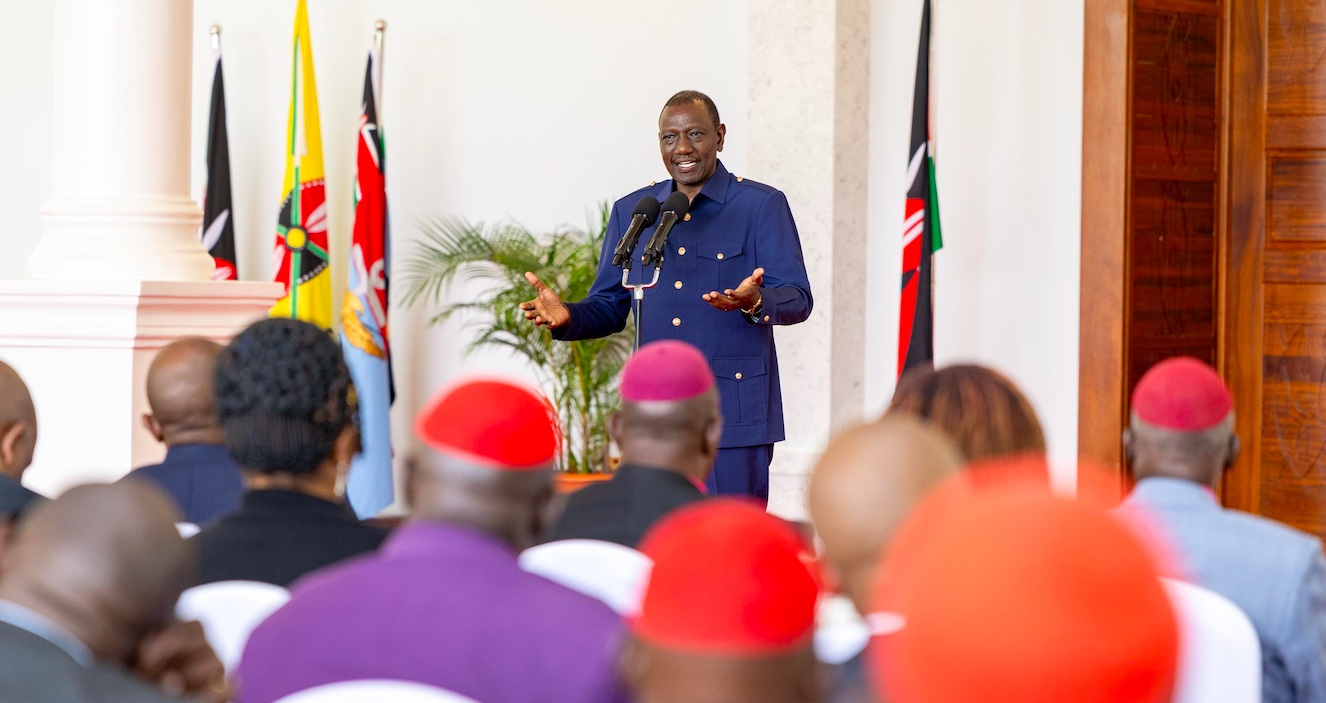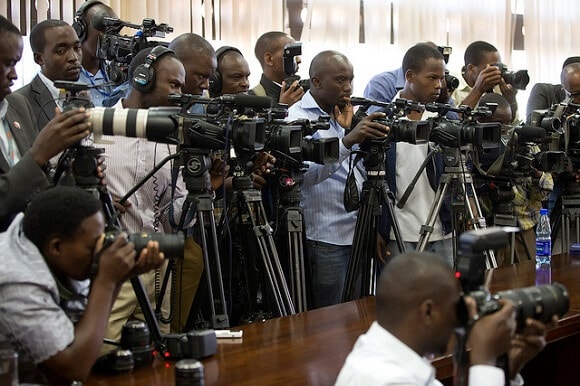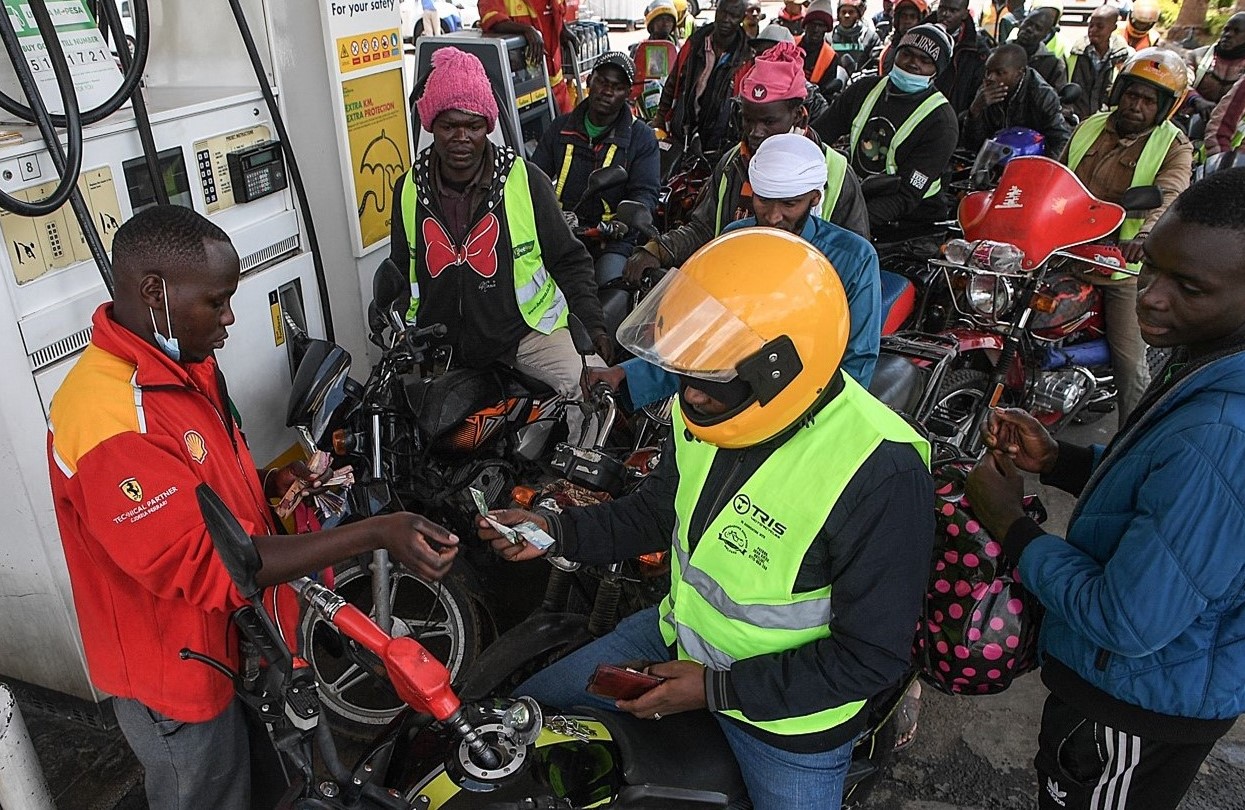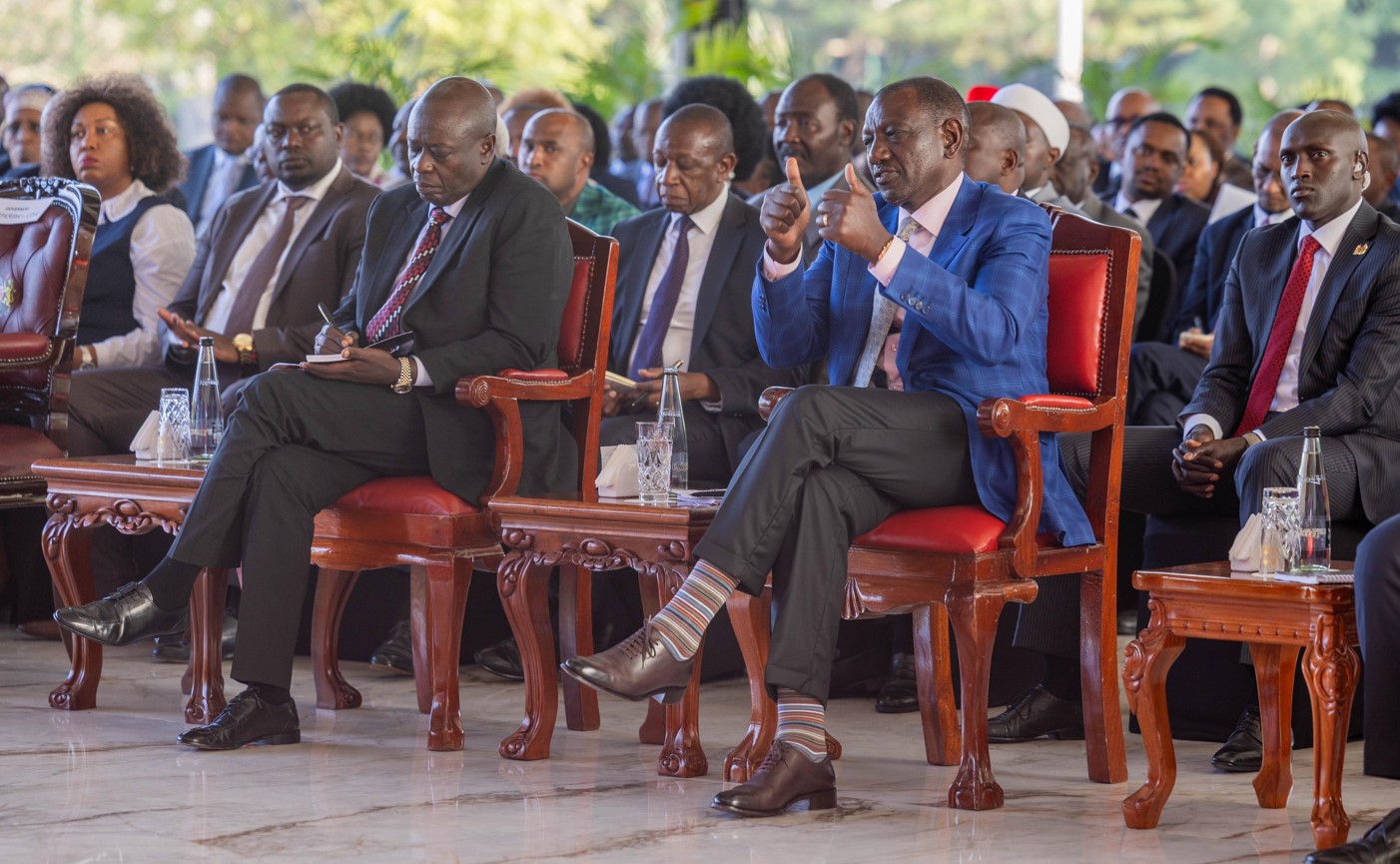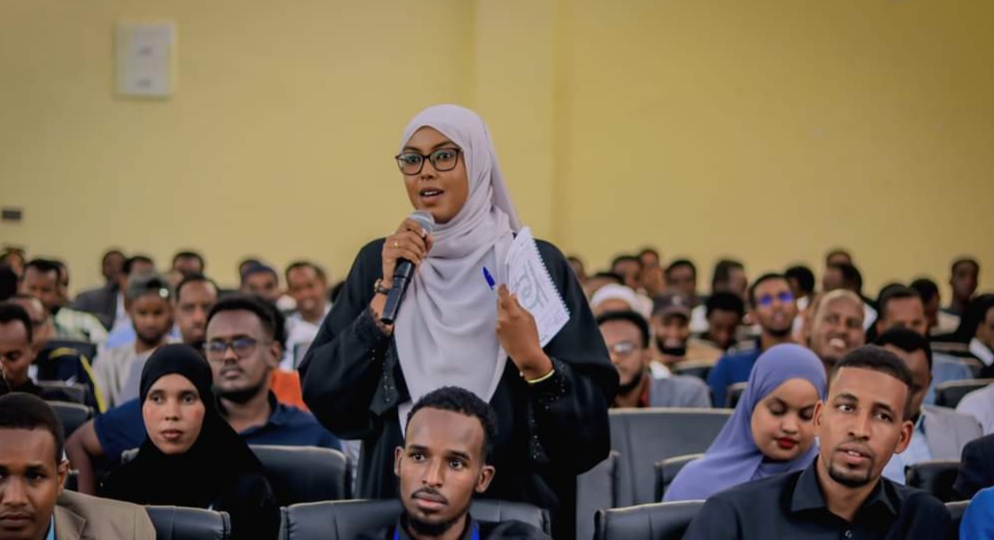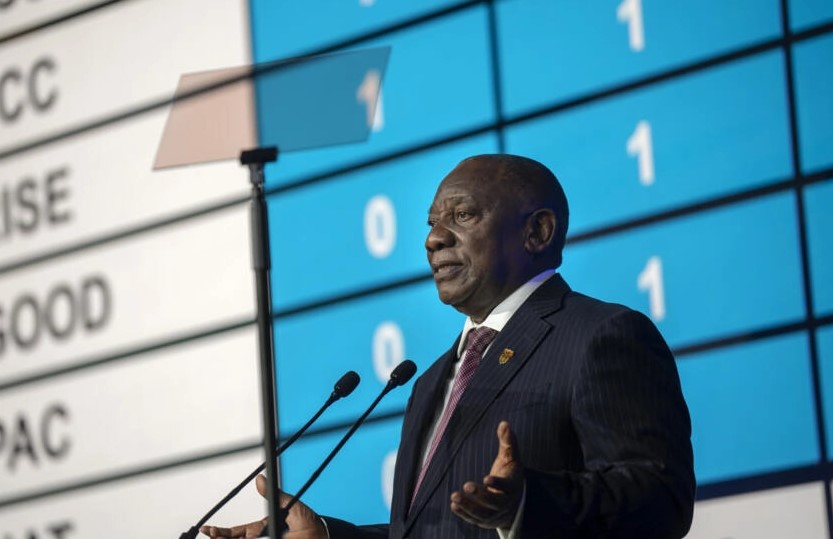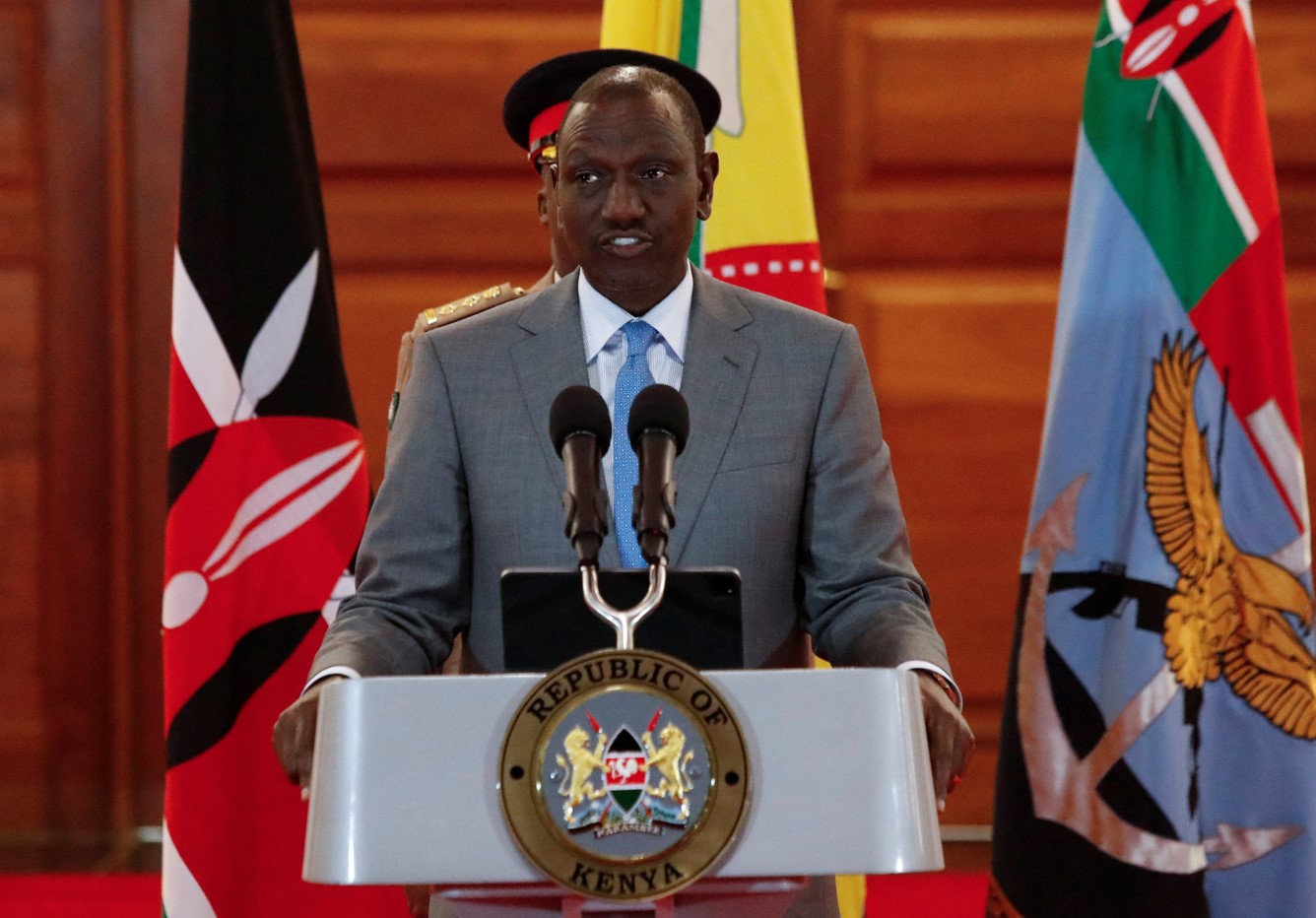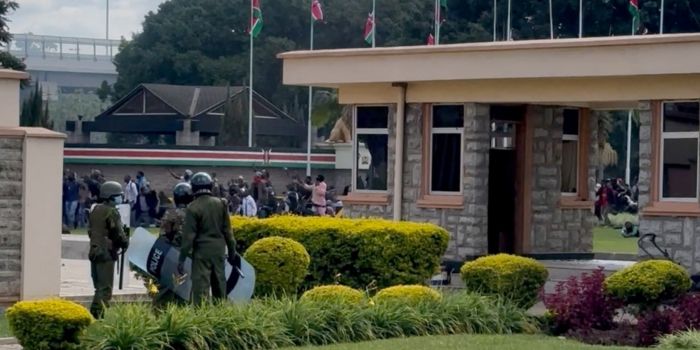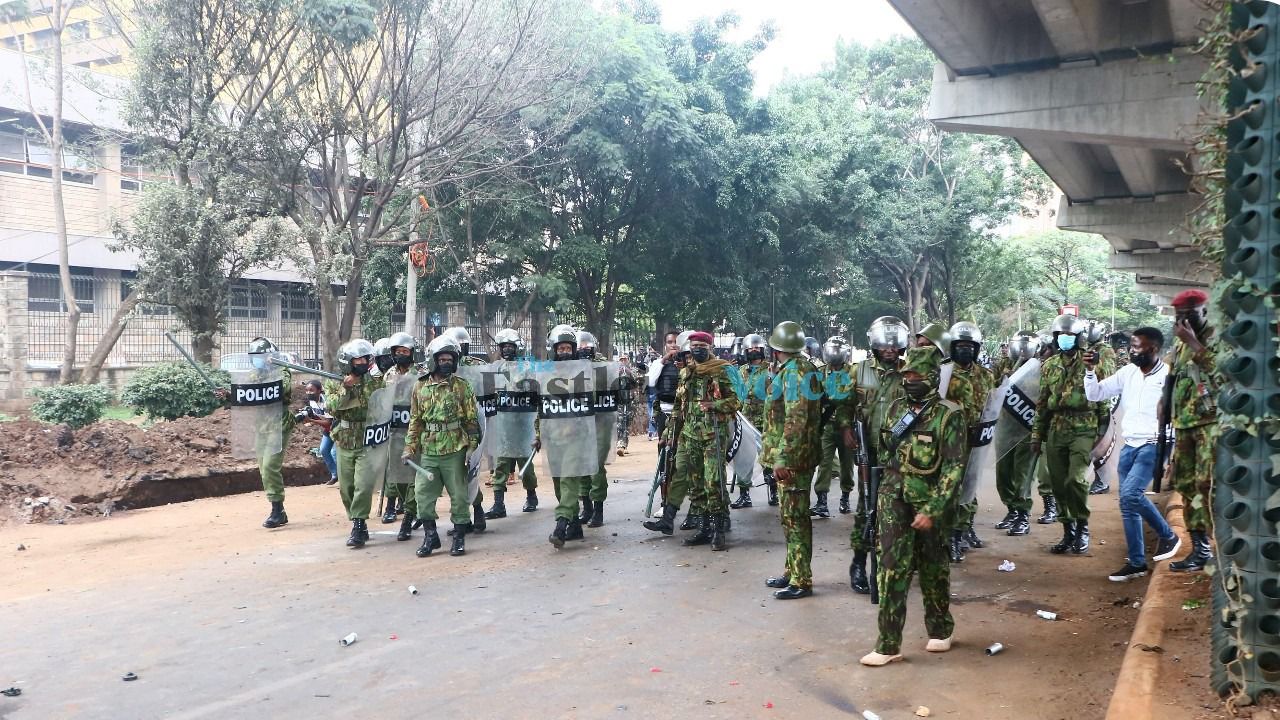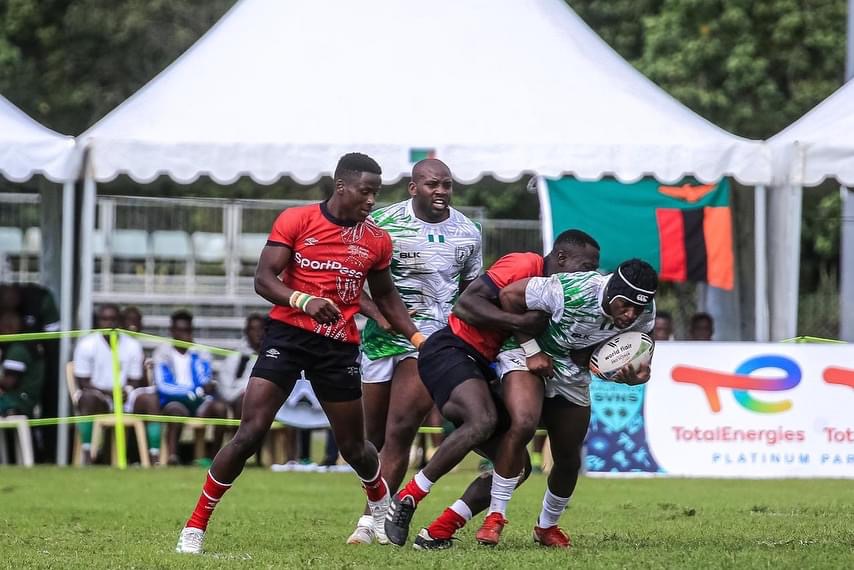Opinion: Muguka ban debate: Balance regulation and harm reduction
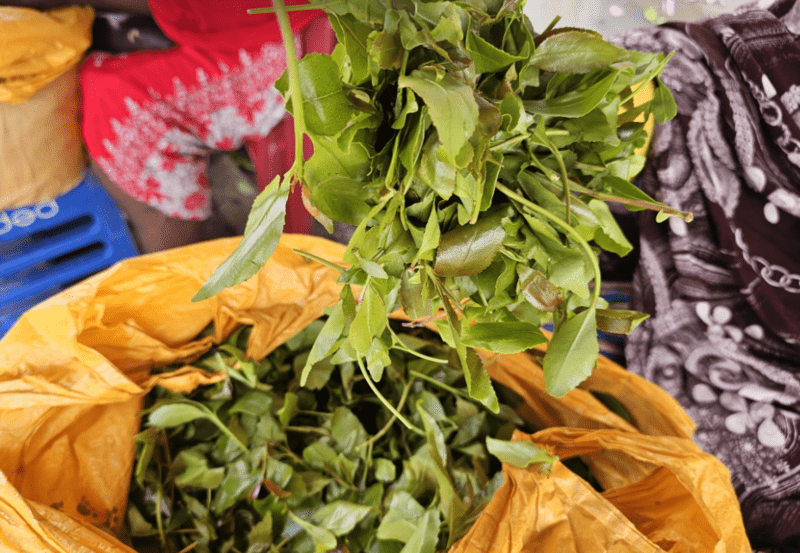
By Mohammed Doyo |
County governments must explore a range of measures to mitigate the potential harms of excessive consumption while respecting cultural traditions and individual liberties.
President William Ruto's recent decision to reverse the ban on muguka imposed by Kilifi, Taita Taveta, and Mombasa counties has reignited the debate surrounding the regulation of this controversial crop.
By asserting that muguka is a scheduled crop under the Crops Act 2013 and the Miraa Regulations 2023, and therefore protected by national legislation, the President has effectively stripped county governments of their authority to regulate the sale and distribution of the two stimulants within their jurisdictions.
Keep reading
This move has far-reaching implications for the delicate balance between national and local governance, as well as the ongoing efforts to address the public health concerns associated with excessive miraa consumption. County governments are now grappling with the complex issue of regulating muguka use while respecting the national legal framework.
County governments must explore a range of measures to mitigate the potential harms of excessive consumption while respecting cultural traditions and individual liberties.
First, counties should prioritise public education and awareness campaigns to inform citizens about the risks associated with heavy muguka use.
Collaborating with schools, community organisations, and healthcare providers, county officials can disseminate evidence-based, non-judgmental information about the potential consequences of excessive muguka consumption.
These initiatives should aim to empower individuals to make informed choices rather than stigmatise cultural practices. By focusing on the importance of moderation, the specific risks to youth, and the warning signs of problematic use, counties can foster a more knowledgeable and responsible approach to muguka.
To complement educational efforts, counties should consider implementing reasonable regulatory measures that discourage excessive muguka use without infringing upon personal freedoms.
This could include setting minimum age limits for purchase and consumption, restricting the hours of muguka sale, and utilising zoning regulations to control the density of muguka outlets near sensitive areas such as schools and residential neighbourhoods.
Requiring muguka retailers to obtain special licenses with conditions like age verification, limited operating hours, and the display of health warning signs can further promote responsible sales practices.
While some may advocate for banning muguka use in public spaces and government buildings, it is essential to strike a balance between public health goals and individual liberties, focusing on harm reduction rather than criminalisation.
Counties should explore fiscal tools to disincentivise excessive muguka consumption. Incrementally increasing cess, or transit taxes, on vehicles transporting muguka could translate into higher prices for consumers, potentially curbing heavy use. The revenue generated from these taxes could be allocated to fund muguka education and treatment programmes.
However, it is crucial to carefully calibrate any tax increases to prevent the emergence of an illicit muguka trade. Similarly, implementing modest excise taxes on muguka sales, tied to licensing requirements, could provide an additional lever for harm reduction.
To address concerns about regressive taxation disproportionately affecting low-income users, any tax measures should be accompanied by economic development initiatives in muguka-producing regions to offer alternative livelihoods.
Expanding access to mental health services and addiction treatment is another critical component of a comprehensive harm reduction strategy. Counties should establish a diverse range of culturally sensitive, affordable, and readily available treatment options, including in-patient rehabilitation, outpatient counselling, and community support groups.
Forging partnerships with non-governmental organisations and faith-based institutions can help scale up these vital services. Integrating muguka treatment into existing healthcare and social support systems, while also investing in the training of addiction specialists and peer mentors, can enhance the effectiveness of recovery efforts.
Recognising the economic drivers behind the muguka trade, counties must prioritise sustainable development and alternative livelihood programmes in muguka-growing regions.
By providing agricultural support, access to microfinance, vocational training, and infrastructure improvements, local governments can empower farmers and young people to explore economic opportunities beyond muguka cultivation. Addressing the root causes of muguka dependence is essential for the long-term success of any harm reduction strategy.
Ultimately, the path forward lies in close collaboration among county officials, public health experts, muguka industry stakeholders, and community leaders to develop evidence-based, culturally appropriate policies.
Continuous monitoring, evaluation, and adjustment of these measures will be necessary to adapt to evolving circumstances and regional variations in the muguka trade.
As counties pioneer this multifaceted approach to reducing the harms of muguka use, their experiences can serve as a valuable model for other jurisdictions confronting similar challenges at the intersection of tradition, public health, and individual rights.
Change is rarely swift or easy, but with unwavering commitment, open dialogue, and a spirit of compassion, counties have the opportunity to reshape their relationship with muguka and cultivate a healthier, more vibrant future for all.
By striking a delicate balance between harm reduction and cultural preservation, these local experiments in drug policy could illuminate a path forward for communities across the nation and beyond. The journey may be arduous, but the destination — a society where well-being and personal autonomy flourish in harmony — is well worth the effort.
The writer is a public policy specialist and a management consultant
Doyomohammed@gmail.com




